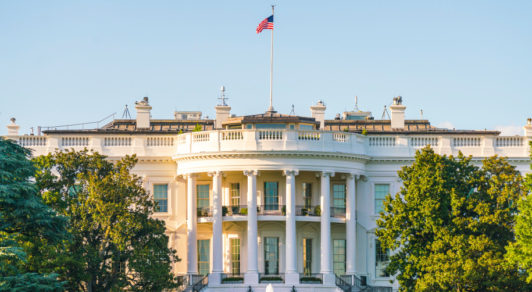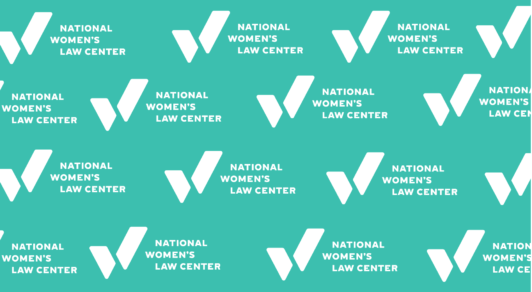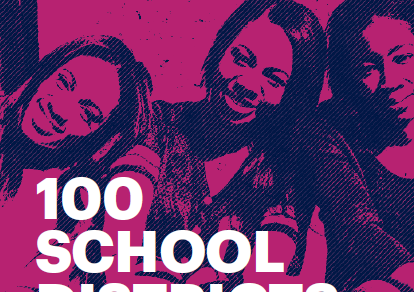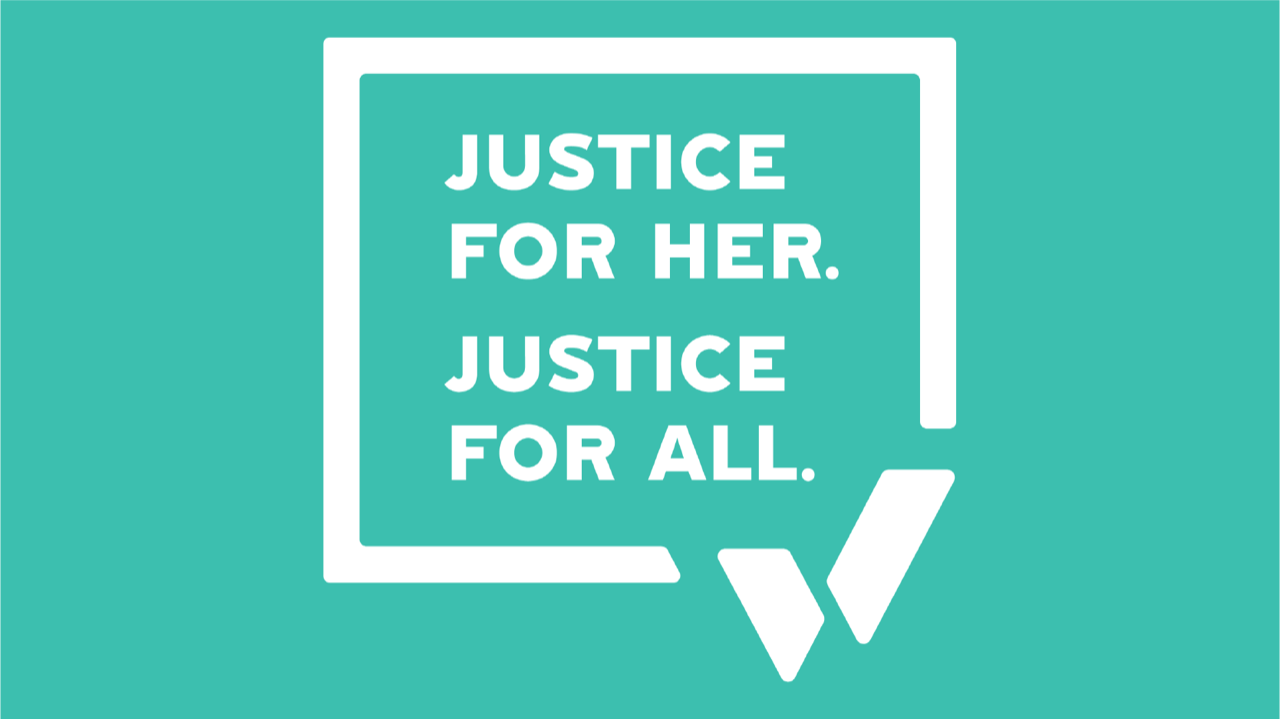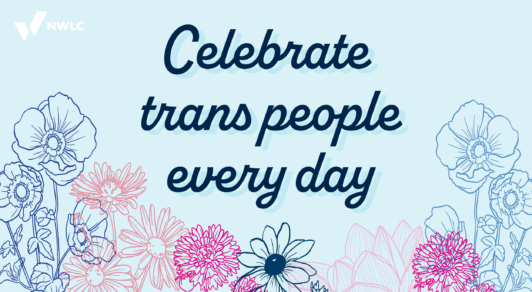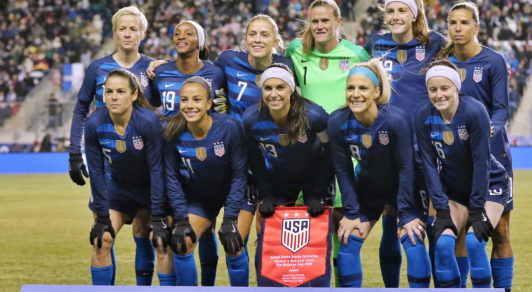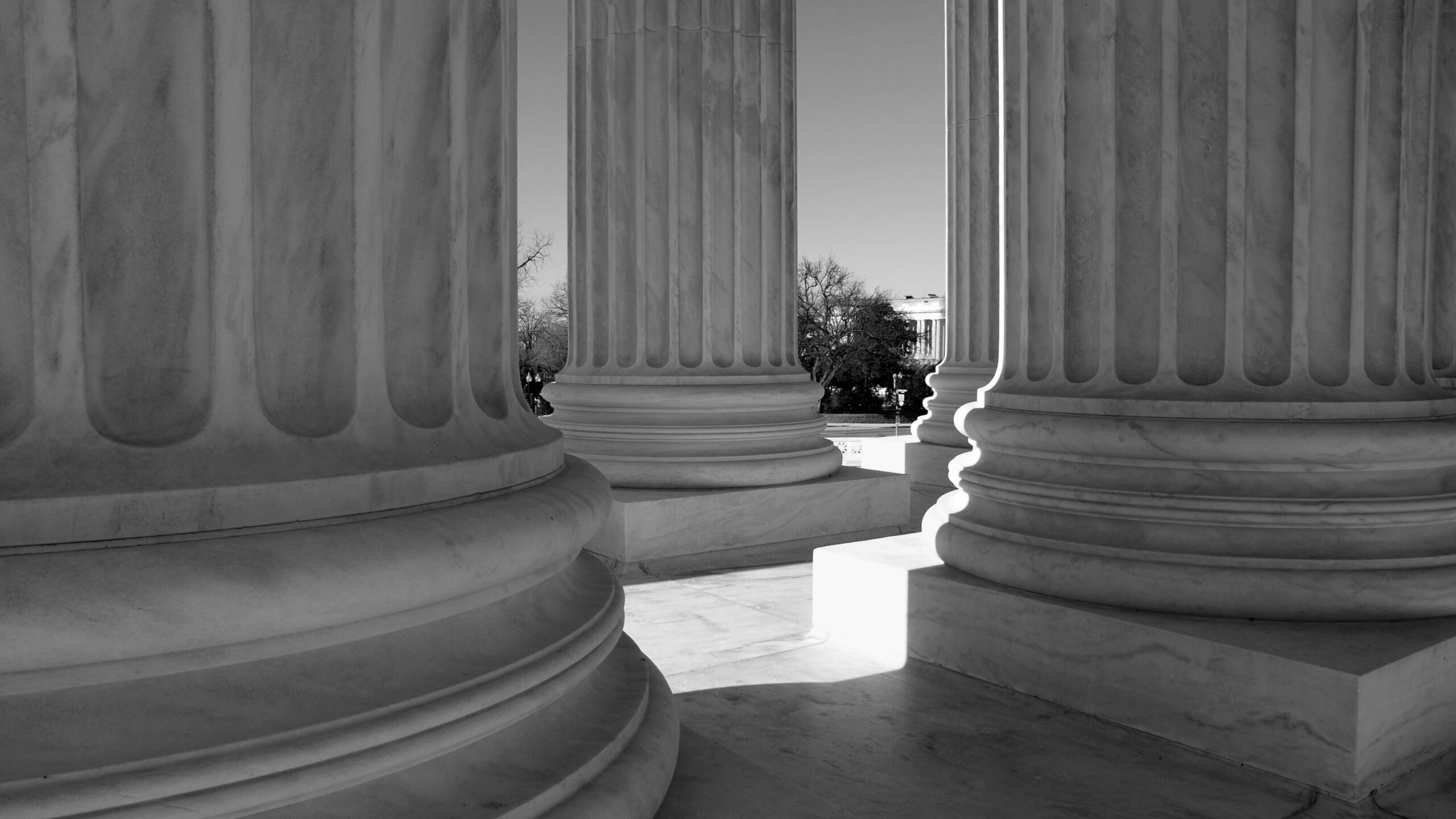
NWLC submitted a comment on the Faith-Based and Neighborhood Organizations Proposed Rule to the U.S. Department of Agriculture (USDA), the U.S. Department of Education (ED), the U.S. Department of Health and Human Services (HHS), the U.S. Department of Housing and Urban Development (HUD), and the U.S. Department of Labor (DOL).
On March 14, 2023, the National Women’s Law Center submitted a comment to a proposed rule by the Biden Administration that would restore freedom of religious protections for people who use federally funded social services. The proposed rule put forth regulatory changes for nine different federal agencies: the U.S. Agency for International Development and the U.S. Departments of Agriculture, Education, Health and Human Services, Homeland Security, Housing and Urban Development, Justice, Labor, and Veterans Affairs.
Our comment supports the proposed rule reinstating protections for people using essential social services (such as food banks, homeless or domestic violence shelters, and elder care providers) furnished by federally funded faith-based service providers—protections the Trump administration weakened through 2020 regulations. Specifically, the proposed rule restored protections that would require religious providers of social services to inform beneficiaries of their legal rights to be free from discrimination on the basis of religion, to not be compelled to participate in religious activities as a condition of receiving social services, and to be informed of alternative, non-religious service providers. By eliminating these protections, the Trump-era regulations targeted vulnerable beneficiaries, especially LGBTQI+ people and women, as beliefs about women’s role in society, family structure, gender, sexual orientation, and reproductive health decisions are often couched in religion—effectively depriving these communities of access to vital social services. In contrast, the proposed rule would ensure that religion is neither used to deny people the help they need, nor their right to be free from discrimination in accessing these services.
Our comment also identifies measures to strengthen and ensure consistency and clarity in the proposed changes—including urging each agency to implement a system to monitor compliance with the proposed changes so that beneficiaries can file complaints for violations of their civil rights.
The proposed rule will prevent beneficiaries of federally funded social services from having to choose between getting the help they need and being subjected to civil rights violations. By restoring protections rolled back by the Trump administration—which prioritize the interests of taxpayer-funded religious service providers over those of vulnerable beneficiaries—the proposed rule re-centers people in need by ensuring they can access vital services without risking discrimination or religious coercion.

